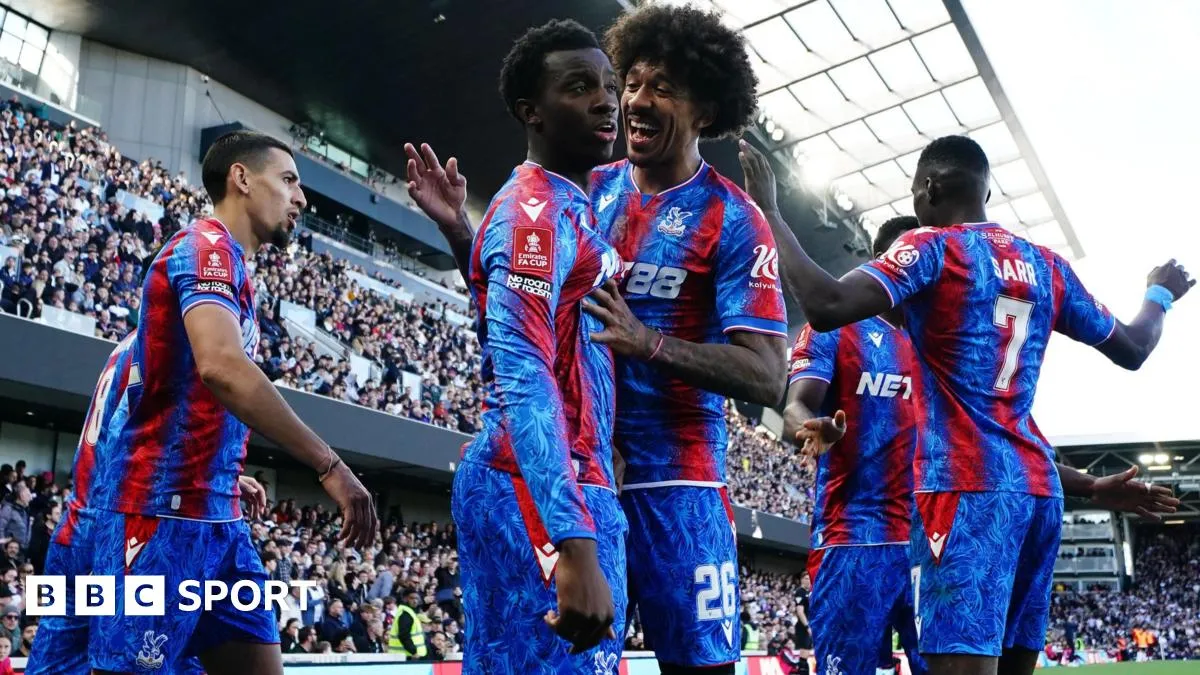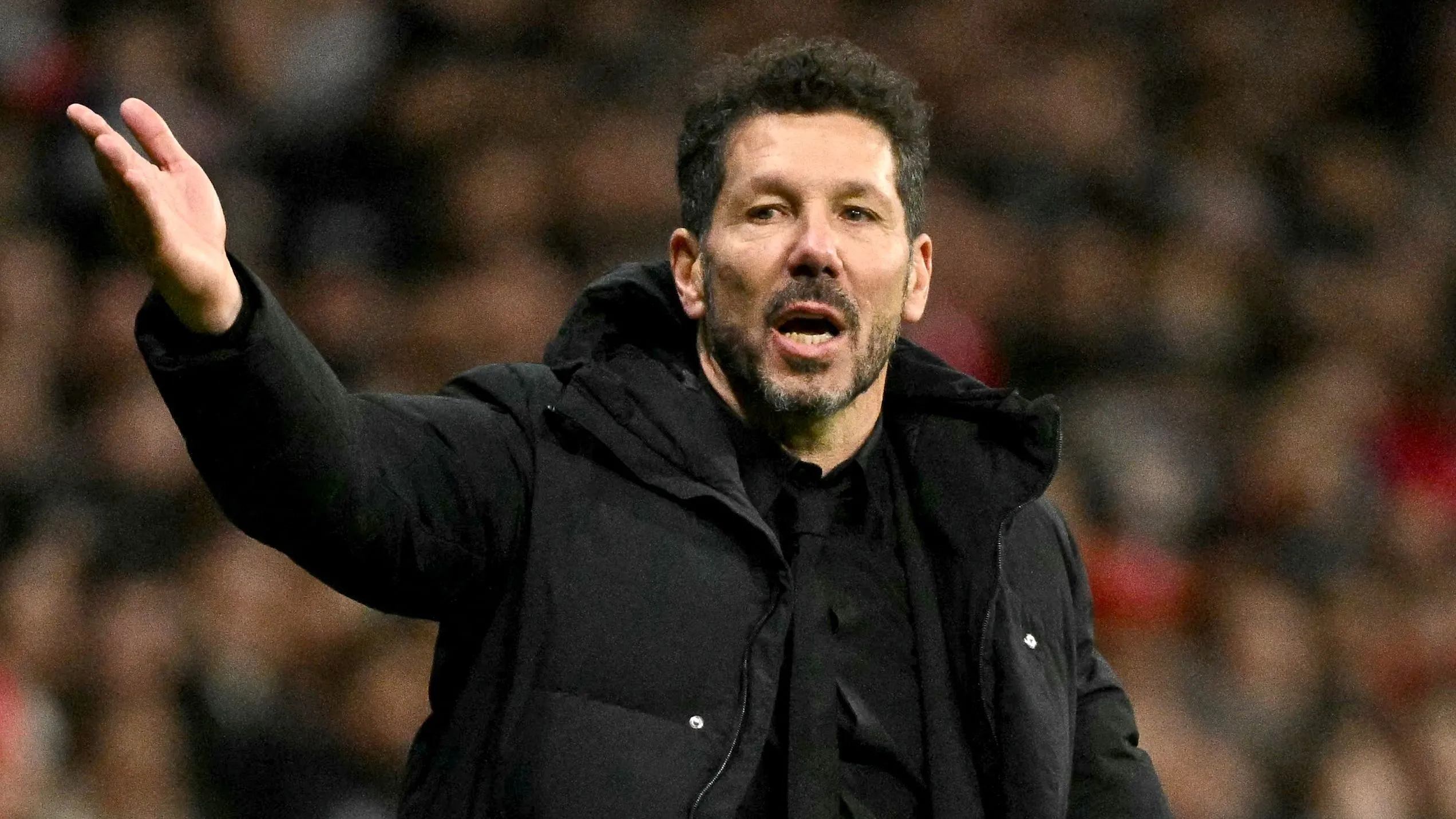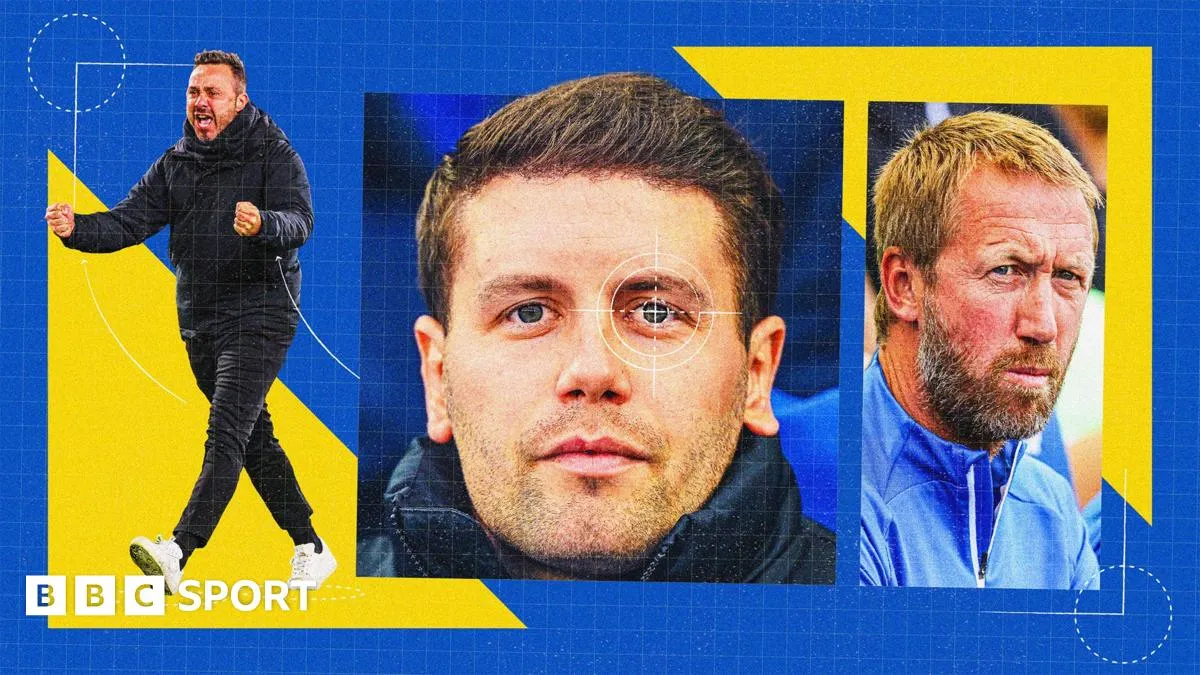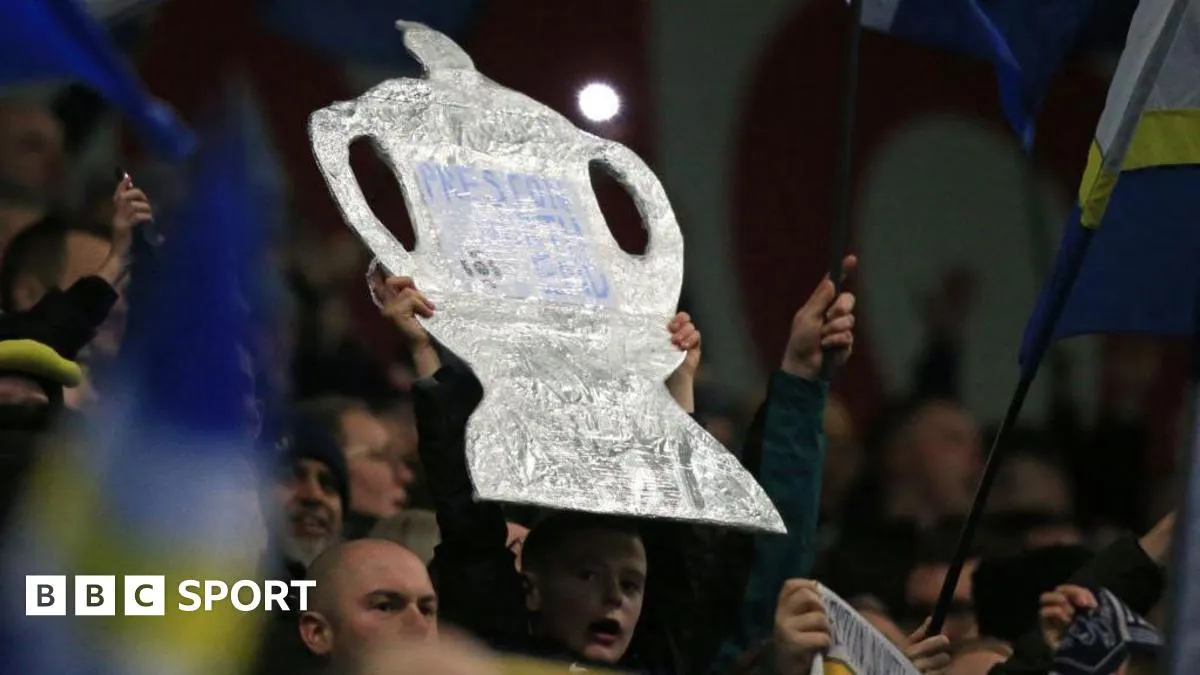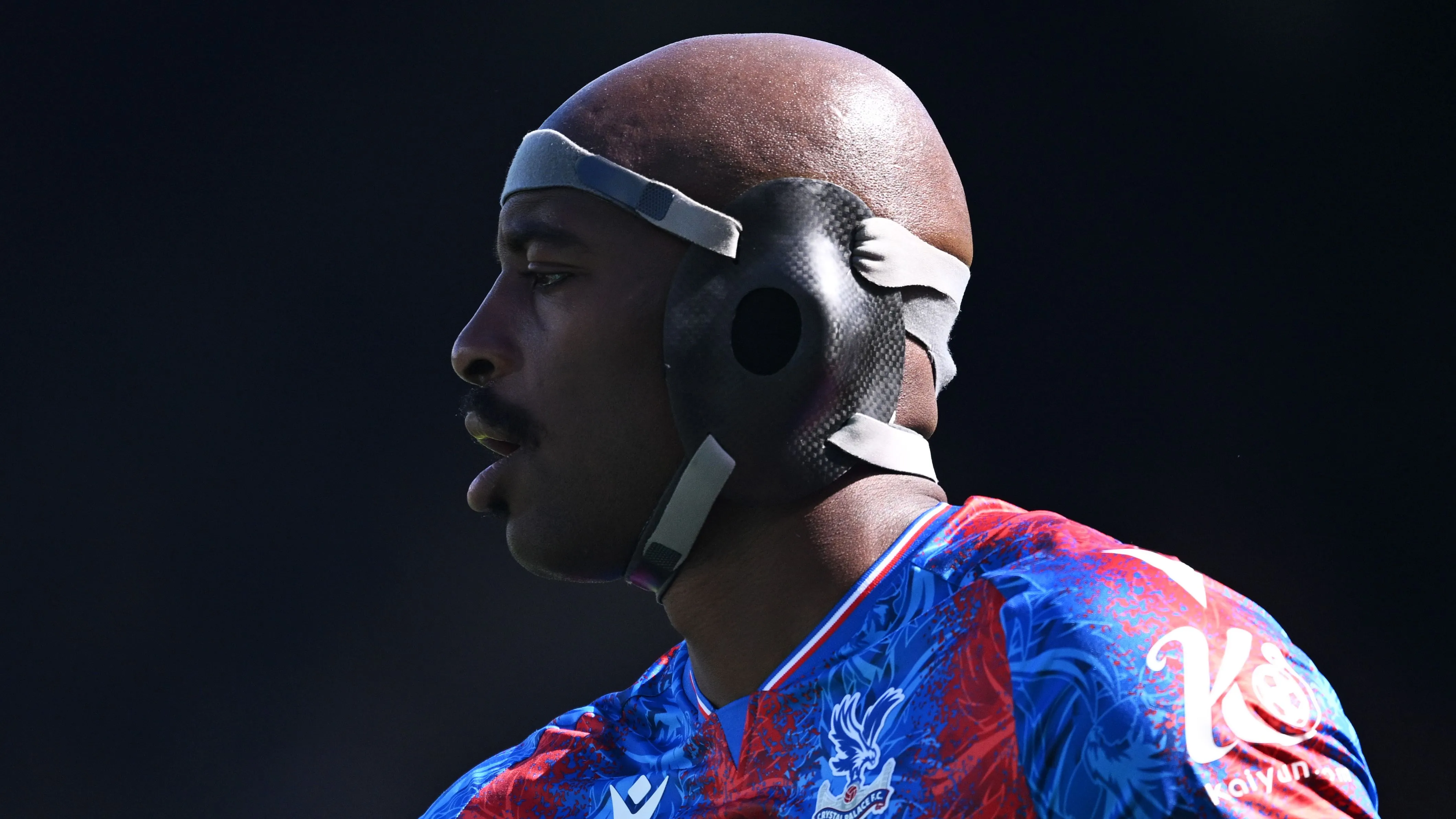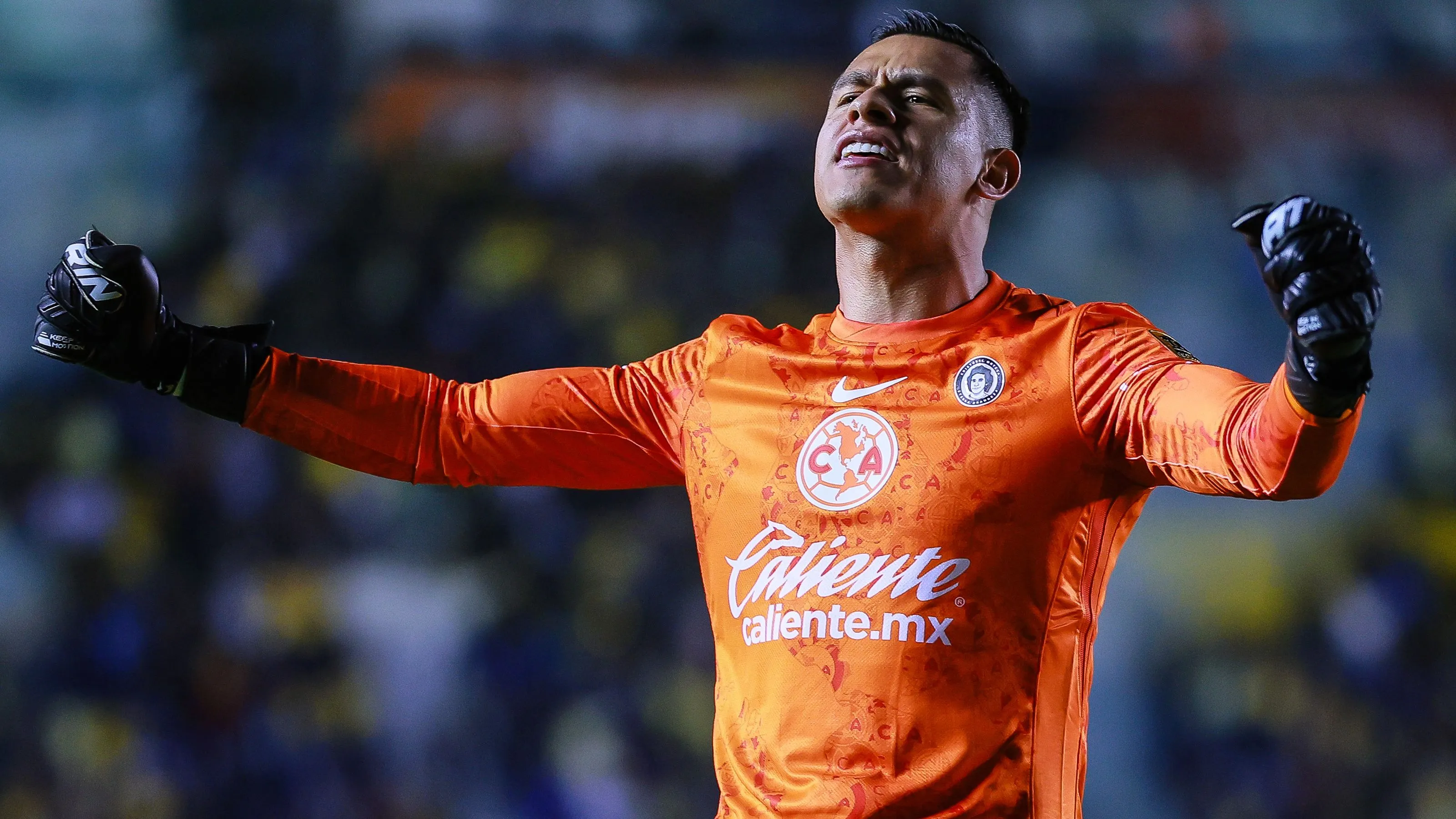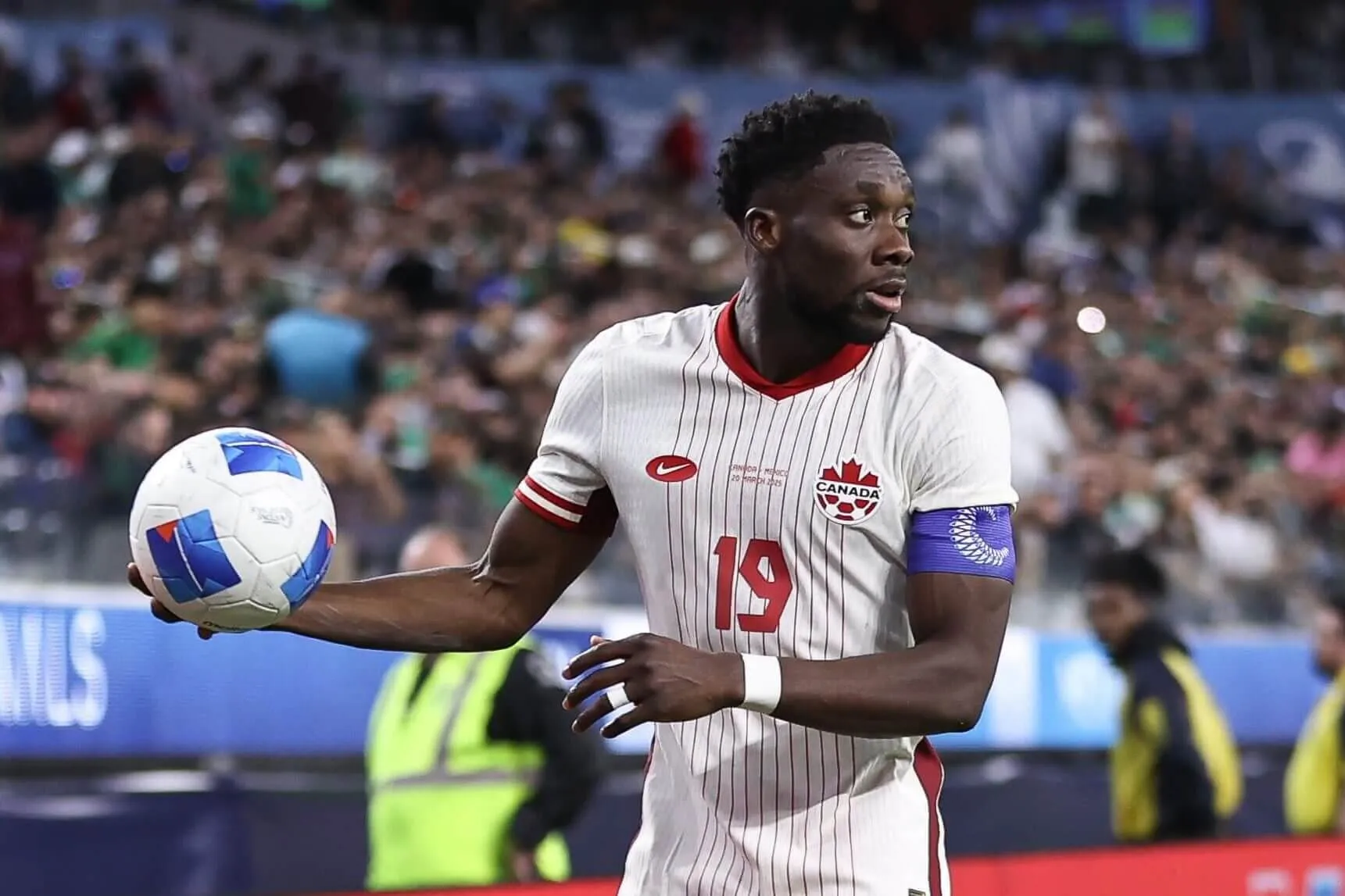
UEFA's ambitious new Champions League format is set to create what they hope will become a cherished tradition in European football, with an unprecedented "Matchday Mayhem" featuring 18 simultaneous games that will determine the fate of 27 teams still in contention.
The final round of the expanded Champions League's league phase promises a spectacle that can only truly be appreciated through screens, as goals in Paris could eliminate teams in Liverpool, and penalties in Istanbul may influence qualification in Amsterdam. As Stephane Anselmo, head of UEFA's strategic development of competitions department, enthusiastically notes, "The whole of Europe will be connected on that night."
This transformation of the Champions League, while rooted in what some might call "impure" motivations of Europe's elite clubs, has produced unexpected benefits. Traditional powerhouses like Real Madrid, Bayern Munich, PSG, and Manchester City have struggled in the eight-game qualification format, while smaller clubs such as Monaco, Lille, Feyenoord, and Atalanta have found surprising success.
The broadcasting challenge is immense, with networks across the globe preparing unique presentations. CBS Sports in the United States has branded it "Matchday Mayhem," while Italy's Sky Sport Italia promotes it as "Una Champions Mai Vista" - the Champions League as never seen before. German broadcaster DAZN has opted for "XXL Spieltag" (Matchday, Supersized).
This evolution mirrors how football traditions often emerge from controversial changes. Consider the Premier League's transfer deadline day, which began unremarkably in 2002 with moves like Tore Andre Flo to Sunderland and Robbie Keane to Tottenham. By 2008, it had transformed into a biannual spectacle, complete with television cameras capturing Dimitar Berbatov's arrival at Manchester United and crowds welcoming Robinho to Manchester City.
The new format represents a significant shift in how football is consumed, fulfilling media theorist Marshall McLuhan's 1964 observation that "the medium becomes the message." While purists might view this as another commercialization of football's soul, it's worth noting that the sport's calendar already features numerous traditional milestone events - from transfer deadline days to FA Cup third-round weekend and the crowning of Germany's winter champions.
Looking ahead, it's conceivable that winning the Champions League league phase could become an unofficial honor, similar to the MLS Supporters' Shield or South American Apertura and Clausura titles. While this may seem far-fetched now, football has consistently shown its ability to adapt and embrace change, turning what once seemed like unnecessary innovations into beloved traditions.


